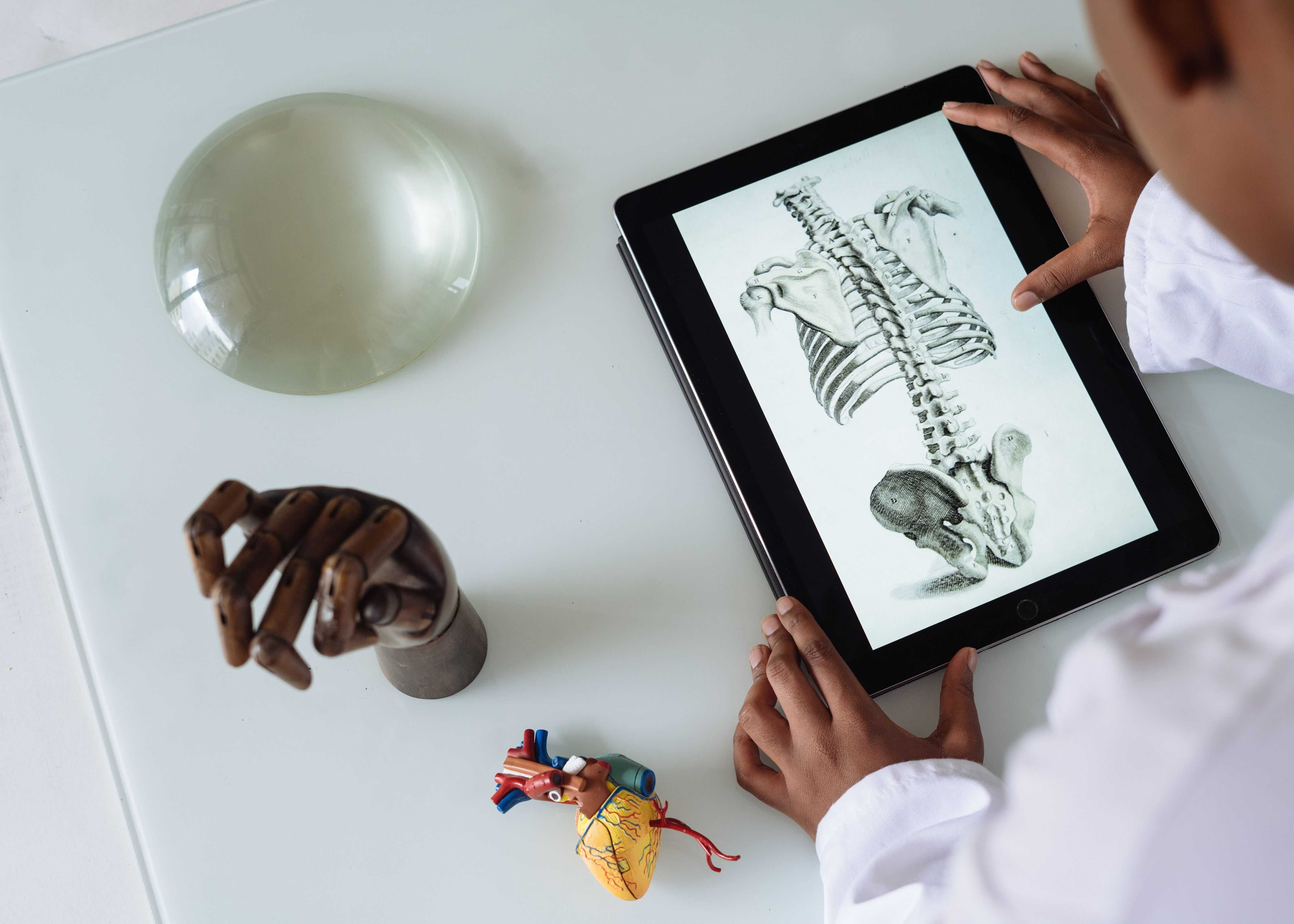The human body is an incredibly complex and fascinating organism that never ceases to amaze us. From the way our brains process information to the intricate workings of our organs, there is always something new to learn about the human body. In this blog post, we will explore 10 amazing and little-known facts about the human body that are sure to leave you fascinated.
-
Your nose can remember 50,000 different scents. The human nose is incredibly sensitive and can detect a wide range of different scents. In fact, scientists estimate that the average human can distinguish between at least 1 trillion different smells. But did you know that your nose is also capable of remembering up to 50,000 different scents? This ability to remember different scents is thought to be linked to our ability to remember specific memories and experiences.
-
The human eye can distinguish between 10 million different colors. The human eye is an incredible piece of biological machinery that is capable of distinguishing between a vast array of different colors. While the exact number of colors that the human eye can detect is difficult to pinpoint, scientists estimate that it is around 10 million. This is due to the fact that our eyes contain three types of color-sensitive cells, which allow us to see a wide range of different hues.
-
The human brain uses more energy than any other organ in the body Despite weighing in at just 2% of our total body weight, the human brain is a powerhouse when it comes to energy consumption. In fact, the brain uses around 20% of the body's total energy supply, making it the most energy-hungry organ in the body. This high energy consumption is due to the brain's constant activity, even when we are asleep.
-
Your bones are stronger than steel, but 50% lighter Our bones are incredibly strong and durable, able to withstand the stresses and strains of everyday life. In fact, bone is stronger than steel, but also much lighter. This is due to the unique structure of bone tissue, which is made up of a combination of collagen fibers and calcium phosphate crystals.
-
The human ear can detect vibrations as small as 0.00000001 cm The human ear is an incredibly sensitive piece of machinery, capable of detecting even the smallest vibrations in the air. In fact, the ear is capable of detecting vibrations as small as 0.00000001 cm, which is roughly the width of an atom. This remarkable sensitivity allows us to hear a vast range of different sounds and frequencies.
-
The human tongue has over 10,000 taste buds The tongue is responsible for our sense of taste, allowing us to experience a wide range of different flavors and sensations. But did you know that the average human tongue contains over 10,000 taste buds? These tiny structures are responsible for detecting different flavors, such as sweet, sour, salty, and bitter.
-
The human body produces enough heat in just 30 minutes to boil a half gallon of water The human body is constantly producing heat as part of its normal metabolic processes. In fact, the average person produces enough heat in just 30 minutes to boil a half gallon of water. This is due to the fact that our bodies are constantly burning calories to maintain our body temperature and keep our internal organs functioning properly.
-
Your body is taller in the morning than in the evening Have you ever noticed that you seem to be slightly taller in the morning than in the evening? This is because of the way that our spine compresses during the day as a result of gravity. When we lie down at night, our spine has a chance to decompress, making us slightly taller in the morning.
-
The human heart can create enough pressure to squirt blood up to 30 feet The heart is responsible for pumping blood throughout the body, delivering oxygen and nutrients to our cells and tissues. But did you know that the average human heart is powerful enough to create enough pressure to squirt blood up to 30 feet? This remarkable feat is due to the incredible strength of the heart muscle, which is capable of contracting with incredible force.
-
Your skin is your largest organ and accounts for about 15% of your body weight The skin is often overlooked as an organ, but it is actually the largest organ in the body. It covers our entire body and accounts for approximately 15% of our total body weight. The skin has a number of important functions, including protecting us from the environment, regulating our body temperature, and sensing touch, pressure, and pain.
Conclusion:
The human body is an incredible and complex organism that never ceases to amaze us. From the unique structure of our bones to the way our brains process information, there is always something new to learn about ourselves. These 10 amazing and little-known facts about the human body are just a small glimpse into the incredible intricacies of our anatomy and physiology.
Discover More
Most Viewed
Christmas is a season of joy, love, and traditions. And what better way to get into the holiday spirit than through timeless carols? These musical gems have been bringing people together for generations. Here’s our ranked list of the Top 10 Christmas Caro…
Read More
















